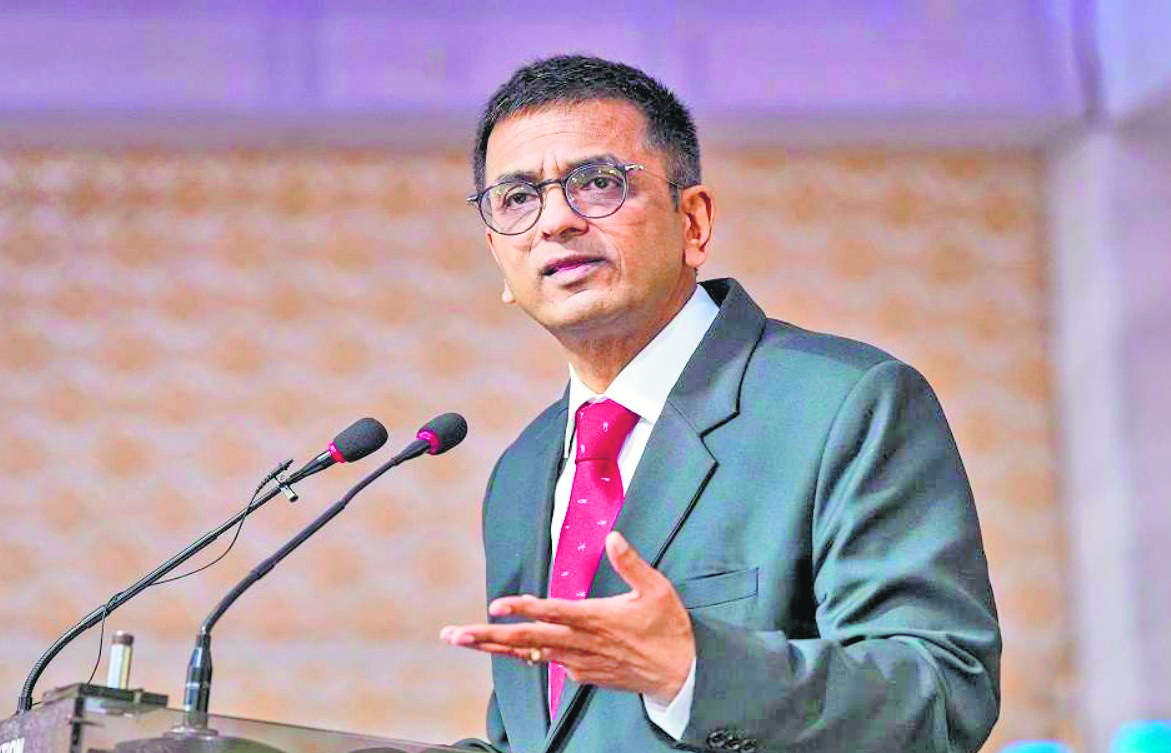The Supreme Court announced on Tuesday that the Chief Justice of India would make the decisionThe Supreme Court announced on Tuesday that the Chief Justice of India would make the decision regarding the listing of a petition calling for a Special Investigation Team involving quid pro quo agreements between corporations and political parties.
“Don’t worry, that matter is with the CJI Secretariat, they will be fixing a date,” remarked a bench led by Justice Sanjiv Khanna, when advocate Prashant Bhushan brought up the plea for an expedited hearing.
The petition, lodged by NGOs Common Cause and the Centre for Public Interest Litigation (CPIL), sought directives for authorities to probe the funding sources of shell companies and unprofitable firms to various political parties, as revealed in electoral bonds data. It also demanded recovery of funds from political entities if found to be proceeds of crime.
“The investigation in this case would not only need to unravel the entire conspiracy in each instance, which would involve officers of the company, officials of the government, and functionaries of political parties but also the officers concerned of agencies like the ED/IT and CBI etc., who appear to have become part of this conspiracy,” the petitioners said in support of an independent investigation led by a retired Supreme Court judge.
The plea alleged that disclosed data, subsequent to the top court’s annulment of the anonymous Electoral Bonds scheme, indicated that most bonds were given in exchange for favors by corporations to political parties, such as securing government contracts or protection from investigations by authorities like the CBI and the Income Tax Department.
Furthermore, it alleged that various pharmaceutical companies under scrutiny for producing substandard drugs also purchased Electoral Bonds, actions that allegedly contravene the Prevention of Corruption Act, 1988.
In its February ruling, the Supreme Court invalidated the Electoral Bonds Scheme, which permitted anonymous funding to political parties, and instructed the State Bank of India to halt Electoral Bond issuance immediately. The court unanimously struck down the scheme along with amendments to the Income Tax Act and the Representation of People Act, which had enabled anonymous donations.









